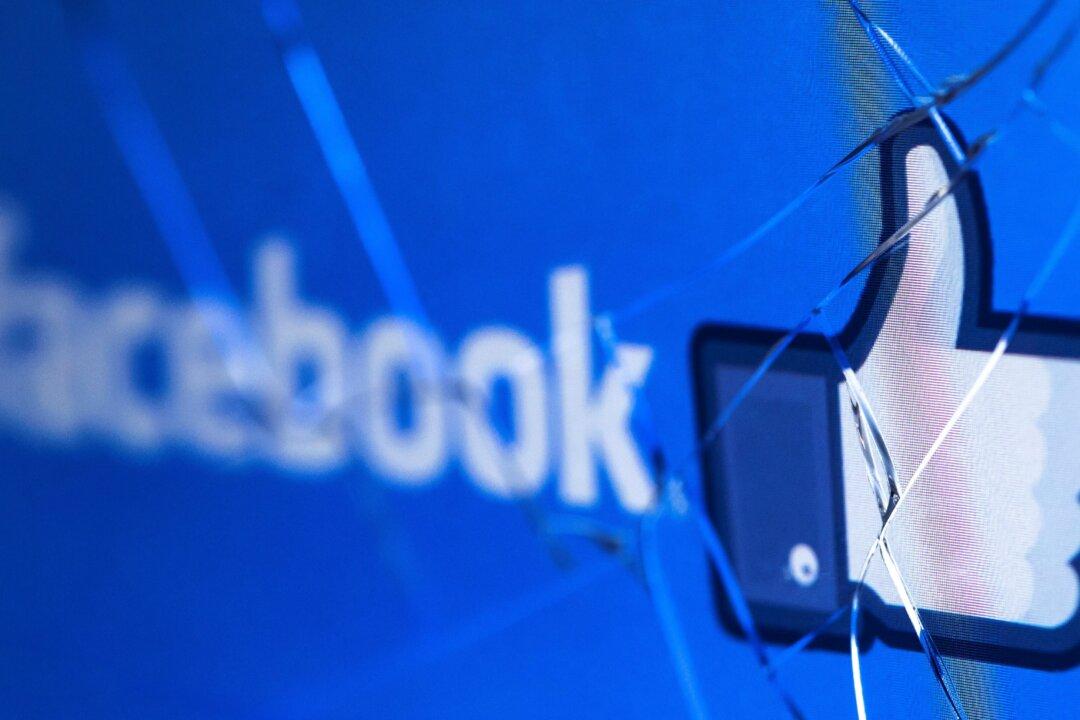The Chinese regime has begun using Facebook to amplify its propaganda that Taiwan belongs to China, according to leaked documents obtained by The Epoch Times.
Beijing claims the self-ruled island as part of its territory, although Taiwan has its own military, democratically elected government, and currency.





